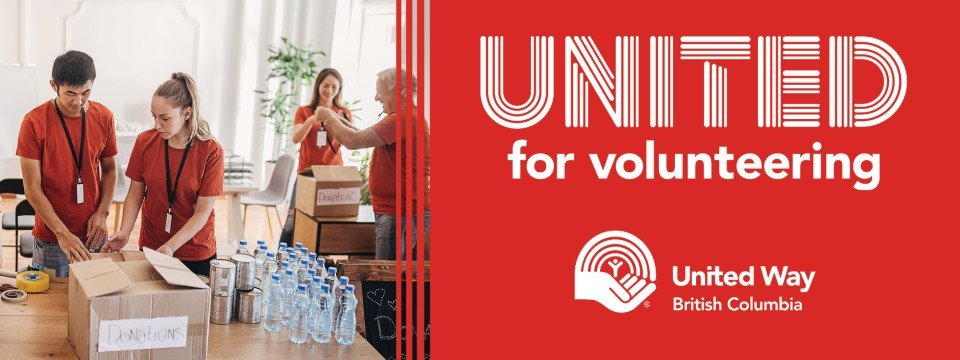Volunteering With and For Your Heart
Simple acts that enrich your community through volunteering can help boost real health outcomes
For anyone who has volunteered you've likely encountered that moment where you feel good. The good feeling of course can come from validation from others who thank you for volunteering, but also internally through a sense of accomplishment. Volunteering, even in simple tasks, is something you start, do and complete - and this sense of doing something can have benefits in your mental and physical health.
Some of the positive outcomes from volunteering that can be experienced are:
1. Volunteers are more likely to access proactive health measures and services.
- Seeing how you are helping others can often remind you to take steps in self-care.
- You're motivated to stay healthier so you can help others.
2. Enhanced sense of purpose.
- The stimulation of volunteering and helping people can positive thinking and a sense of taking action, which can add to a sense of wellness and purpose in our lives.
3. Social gains.
- Aside from the obvious of interacting with people through volunteering, being more connected to different groups of people through volunteering can help you get to know your own community better. You might find out specific information about your neighbourhood you never knew, and expand your social and support network.
4. Stress management and emotions.
- Studies have down that higher states of stress, depression and other "negative" emotions can have real effects on our physical and mental health. By promoting a positive mindset and focusing on fulfillment, there are indications they can have the opposite effect of helping reduce stress and balance emotions.
In other words, being more connected through volunteering can be part of a snow-ball effect of health and productive feelings that enrich our inner world and outer health.
Want to learn more? For more information and details, check out this article by Harvard Health on the subject.


